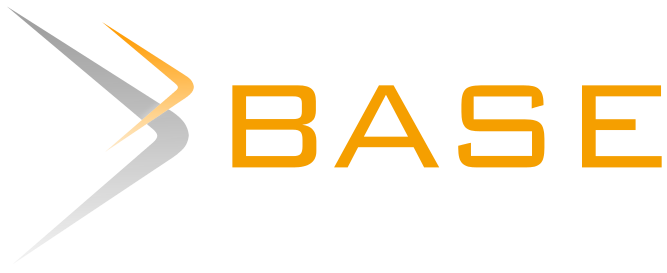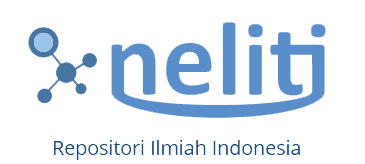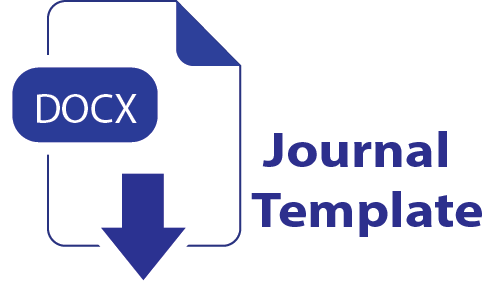Limitations of Follow-Up Procedures in Campaign Fund Report Audits
DOI:
https://doi.org/10.36982/jeg.v9i2.4434Abstrak
Campaign funds used in elections can come from political parties, the personal wealth of legislative candidates, and donations. The receipt of campaign funds must undergo an audit process to ensure the validity of contributions received by political parties. This study aims to validate the limitations of follow-up audit procedures in the audit of campaign fund reports related to donation confirmations. The research method used is qualitative, with data collection methods including observation, interviews, and documentation studies. The results of the study indicate that auditors still face difficulties and limitations in auditing campaign fund reports concerning donations. These limitations are exacerbated by the absence of follow-up procedures established by the KPU as the policymaker to provide guidelines on follow-up procedures in response to campaign fund donation confirmations.
Unduhan
Diterbitkan
Cara Mengutip
Terbitan
Bagian
Lisensi
Hak Cipta (c) 2024 Vania Salsabila, R. Sjarief Hidajat

Artikel ini berlisensiCreative Commons Attribution-ShareAlike 4.0 International License.
Authors who publish with this journal agree to the following terms:
- Authors retain copyright and grant the journal right of first publication with the work simultaneously licensed under a Creative Commons Attribution License   that allows others to share the work with an acknowledgement of the work's authorship and initial publication in this journal.
- Authors are able to enter into separate, additional contractual arrangements for the non-exclusive distribution of the journal's published version of the work (e.g., post it to an institutional repository or publish it in a book), with an acknowledgement of its initial publication in this journal.
- Authors are permitted and encouraged to post their work online (e.g., in institutional repositories or on their website) prior to and during the submission process, as it can lead to productive exchanges, as well as earlier and greater citation of published work










